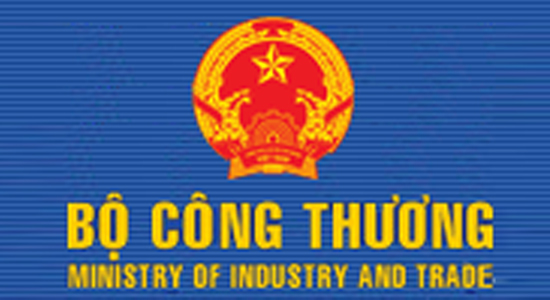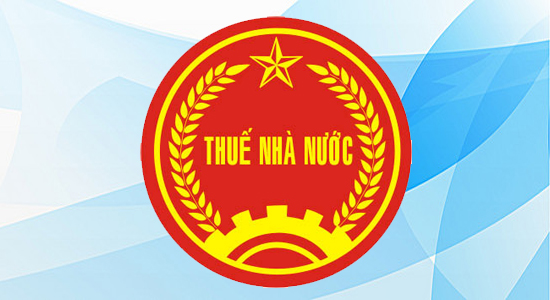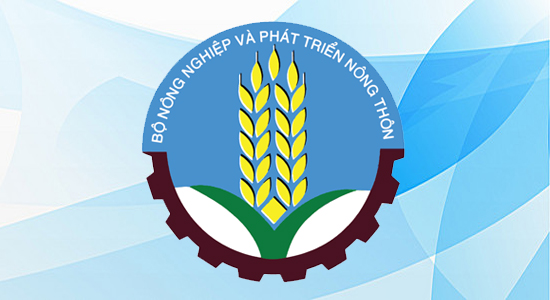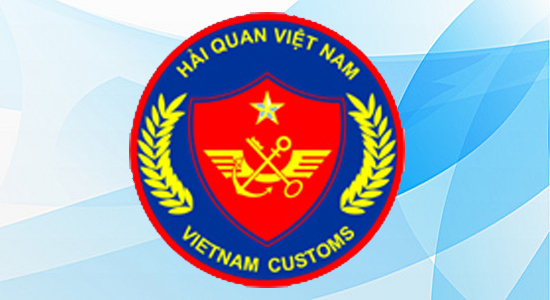Tanzania bans export of 'unprocessed' coffee - BBC Monitoring Service
Text of report entitled "Government bans export of unprocessed coffee" published in English by website of Tanzanian newspaper The Guardian on 6 January
The government has banned the export of unprocessed coffee in a move aimed at adding value to the local produce with a view to fetching higher prices in the foreign market.
Announcing the ban yesterday in Mbinga District, Ruvuma Region [southwestern Tanzania], Prime Minister Kassim Majaliwa said from now all the coffee produced in the country would have to be processed before it is exported.
"No coffee will be allowed to be exported unprocessed. We want to add value to our local products in order to get more income from our products," the premier said.
The move comes hot on the heels of a government decision late last year to purchase the entire cashew nut harvest, after which it would process the stock before it is exported. The government resorted to buy the nuts following low prices offered by cashew dealers which the farmers rejected as too low.
The government said the move also aimed to protect local manufacturers, processors and farmers.
The government has since been encouraging local firms to partner with local and foreign firms to establish processing plants in the country.
The premier said yesterday that the ban on raw coffee export would help to add value to the local produce and protect domestic industries.
He directed councils in coffee growing areas to ensure they prepare nurseries with more than 200,000 seedlings for planting in the coming season.
"By the end of next month all councils in coffee growing areas should ensure that they have enough seedlings to be planted in their respective areas," Majaliwa said, directing a team from the Ministry of Agriculture to make regular visits to supervise the directive.
In another development, the prime minister has challenged the management of Agricultural and Marketing Cooperative Societies (AMCOS) to repay the debts incurred by the cooperatives, stressing that the government had no plan to take over such debts. He said doing so would encourage the leaders to further indulge in the embezzlement of coop funds.
"Leaders must now understand that once they mismanage funds, stern measures will be taken against them," he said, urging AMCOS leaders to ensure all farmers were registered including their farms, location and size.
Majaliwa pointed out that all coffee auctions would be held in places where the crop is grown in three zones, namely Moshi zone that comprises Kilimanjaro, Arusha, Tanga and Manyara regions; Kagera zone composed of Kigoma, Geita, Kagera and Mara regions, and Songwe zone whose members are Rukwa, Mbeya, Iringa, Katavi and Ruvuma regions.
He said the objective of conducting auction in the respective growing areas was to increase transparency, hence enable farmers to know the price and be paid on time.
"Each growing coffees zone will select specific places where it will sell its coffees including the coffee that is produced in Mbinga," he said.
The country's coffee production was expected to hit 1.30 million bags in 2018/19 from 1.15 million bags recorded in 2017/18 thanks to a biennial bearing cycle and favourable weather conditions.
The Tanzania annual coffee report for the year 2018 published recently by the Global Agricultural Information Network shows that a lack of access to irrigation systems, older coffee trees and highly volatile prices cause dramatic fluctuations in the country's coffee production.
Other challenges include poor agricultural practices, limited access to credit, and lack of adequate farming inputs and low use of inputs.
"Tanzania has abundant land with appropriate altitude, temperature, rainfall and soil suitable for high quality Arabica and Robusta production," says the report.
The Tanzania Coffee Board (TCB) is currently implementing a programme which aims at increasing coffee production to 100,000 tonnes by 2021 through improving husbandry practices, planting improved varieties, and facilitating the private sector to start new farms.
Through the combination of these measures, crop yield is expected to increase from the current 250kg/ha (200g/tree) to 600kg/ha (450g/tree).
Major Arabica growing regions are Kilimanjaro/Arusha, Mbeya and Mbinga/Ruvuma, while Robusta is mainly produced in the Kagera region.
Other growing regions which also experience favuorable weather include Tanga, Iringa, Morogoro, Kigoma, Manyara, Mwanza, Rukwa and Mara.
About two-thirds of the coffee produced in Tanzania is mild Arabica and the rest is hard Arabica and Robusta.
More than 450,000 families grow coffee, who constitute about 90 per cent of the total coffee produced in the country, while the remaining 10 per cent comes from estates.
Source: Thomson Reuters 2019 / Copyright © 2019 BBC Monitoring Service
| Mật khẩu | |
| Nhớ mật khẩu | Quên mật khẩu | Đăng ký | |















